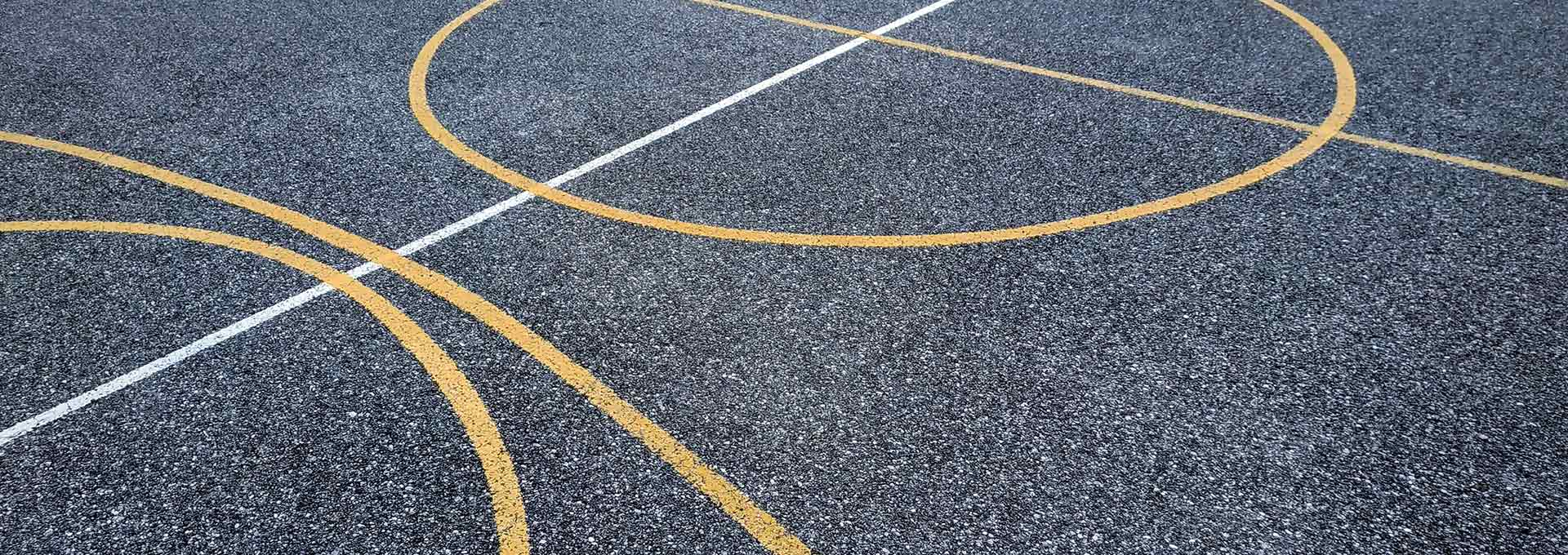
Resources
Seed Grant Awardee: Alaina Zanin
Negotiating Feminine Athlete Identities Through Resistant Youth Sport Interventions (PHASE TWO)
Alaina Zanin | Hugh Downs School of Human Communication
Worldwide young women are dropping out of athletics by the age of 14 at a rate two times higher than their male counterparts (Sabo & Veliz, 2008). A wide range of empirical research has demonstrated sport participation yields significant positive outcomes for young women. Participation in youth sports has been shown to have immediate positive effects on self-esteem and body image, as well as reduce risks of drug abuse, depression, cancer, obesity and eating disorders (Sabo & Veliz, 2008). Social development skills such as leadership, teamwork, and conflict resolution also increase as a result of youth sport participation (Danish, 2002). Taken together, this body of evidence highlights the positive effects of youth sport participation, but also the possible negative effects of non-participation specifically on young women in underserved communities.
This is Phase 2 of a project funded by the Global Sport Institute. The purpose of both phases of this project is to understand how processes of identification might facilitate or create barriers to participation in youth sport and development programs and to identify means for communicative intervention. Findings will provide recommendations for youth sport programs (a) to increase recruitment, retention, and long-term participation, (b) to assess accurately how youth sport programs affect participants’ levels of activity, and (c) to document turning points in girls’ identification processes related to their participation in sport. This research will provide insight into how processes of identification might function as a barrier to participation, as well as offer practical communicative solutions for increasing participation in youth sport and development programs.
Based on Phase I findings and other national statistical data on female participation in youth sports (e.g., The Aspen Institute, 2017; Sabo, 2004), Phase II of this study will focus on girls ages 14-16 years-old to understand what identity, social, and developmental shifts might be related to large sport drop-out rates among girls. This data collection will document youth sport participants and non-sport participants’ identity negotiation over the course of a sport season (or 12 weeks) to understand shifts in identity and messages they are receiving from salient identity targets (e.g., peers, parents, athletic heroes in the media). This phase of data collection meets the GSI 2018 and 2019 call for research that focuses on advancing diversity and social justice.
In addition, several studies have found that participation in youth sports increases activity levels based on self-report data (e.g., Gabriel, DeBate, High, & Racine, 2011). However, researchers have not experimentally evaluated activity levels with the use of activity tracker technology within youth sport programs. Not only would activity tracker data yield more reliable and accurate results, this data would demonstrate if differences exist between participants in activity levels in comparison to girls who choose not to participate youth sports.
Moreover, given our longitudinal mixed-method study design, the activity tracker data would be compared with turning points in participant’s identity negotiation. Again, these insights could be used to advance diversity and social justice related to turning points in young girls’ identity negotiation.
Given these previously findings, Phase II of this study will answer the following research questions:
- RQ1: How do female youth sport participants manage a positive athletic identity over time?
RQ2: In what ways do female youth sport participants differ in identity negotiation over time compared to non-sport participant peers?
Published Work
(Re)Conceptualizing Nested Identities Through Oppositional Identity Discourses in Girls Youth Sport
zanin1_reconceptualizingnestedidentities_ica_final.pdf